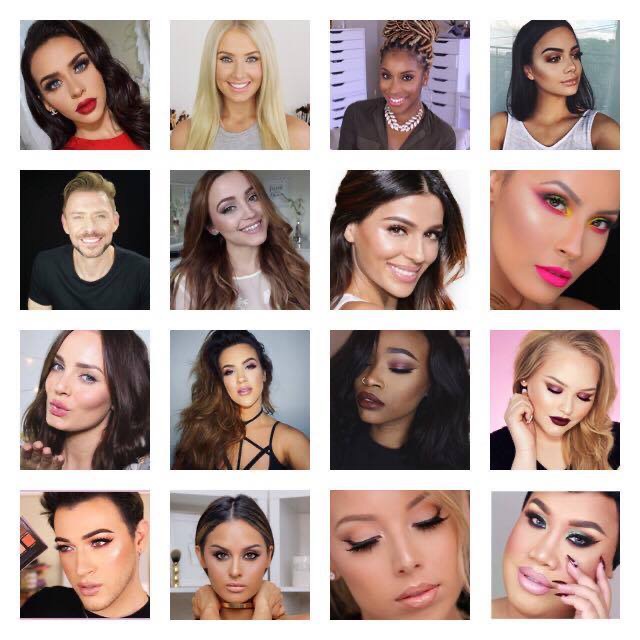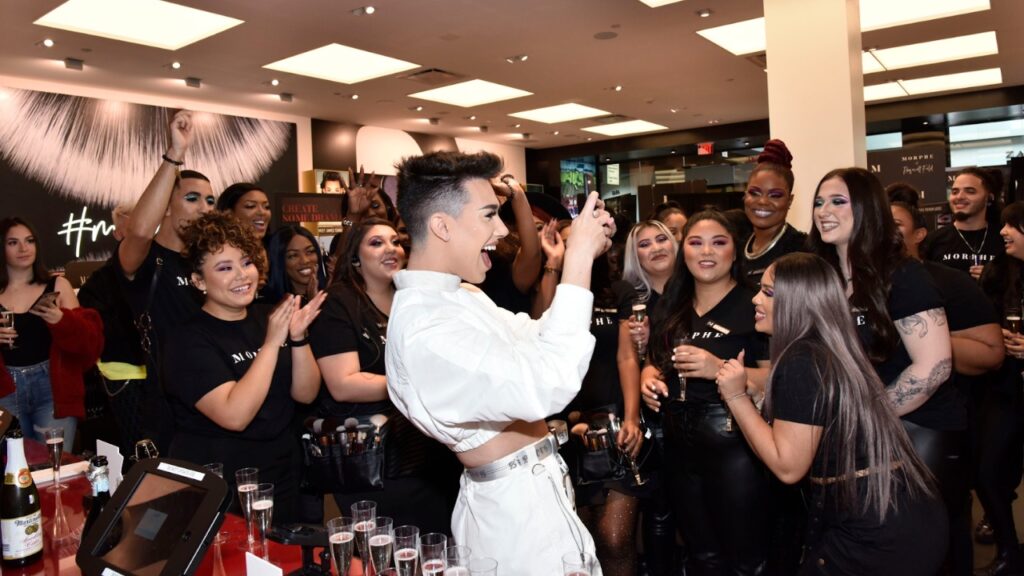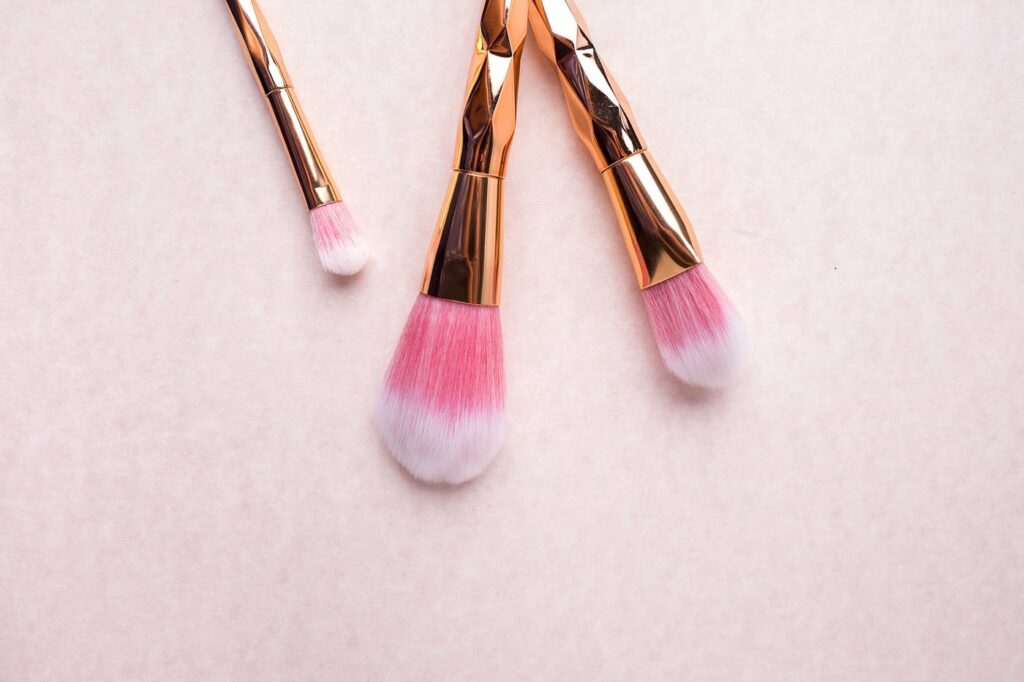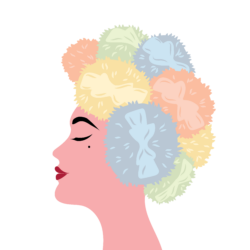In the early days of beauty YouTube, influencers like Jaclyn Hill, Jeffree Star, James Charles, and Nikita Dragun were at the forefront of a new wave in the beauty world. They presented themselves as authentic, relatable figures who could bridge the gap between professional makeup artists and everyday consumers. But as their fame grew, so did a form of beauty blindness—not just for us as consumers, but for the influencers themselves.

At first, it was about sharing tips, product reviews, and empowering viewers to embrace makeup. But somewhere along the way, these influencers shifted from being beauty gurus to something darker—drama channels, and shady salespeople. They began selling us on impossible ideals, pushing products not because they believed in them, but because they were being paid to. Their channels became more about controversy and personal feuds than actual makeup artistry. The very people who built their platforms on authenticity became symbols of manipulation and toxicity.
We, as consumers, were blinded by the glitz and drama. We watched their content religiously, bought into their curated lifestyles, and trusted their recommendations without realizing that many of these influencers were no longer the people they claimed to be. They had turned into characters—selling us not just products, but their own personal brands built on drama and deception.


The scandals, whether it was Jaclyn Hill’s botched lipstick launch or James Charles’ public feuds, were wake-up calls. We began to see that what we thought was an empowering, educational space had become something toxic. These influencers lost their way, and in doing so, they led many of us astray too, selling us not just makeup, but the illusion that perfection was attainable—if only we bought the right products.
The beauty industry thrives on aspiration, but have these influencers turned it into a game of exploitation? How much longer will we continue to be blind to the manipulation before we fully open our eyes to the harm they’ve caused?
